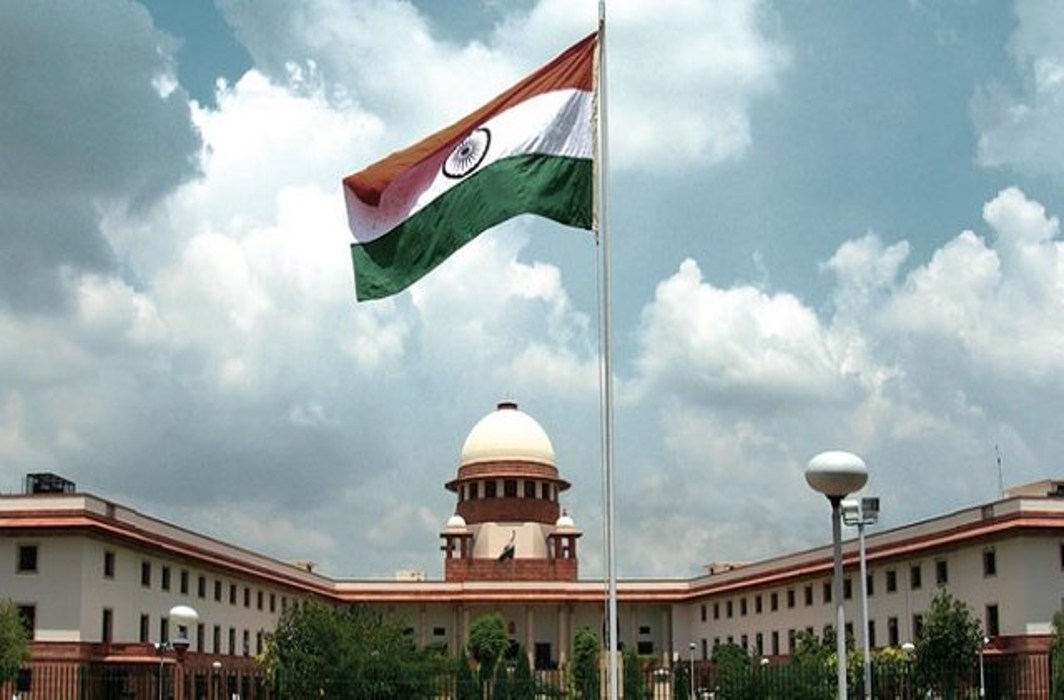The Congress-led Punjab government today passed a resolution against the controversial Citizenship Amendment Act in the State Assembly, after the CPIM-led Kerala government moved a similar resolution in their assembly and later approached the Supreme Court to challenge the constitutionality of the Act.
Over 70 petitions have already been filed before the Supreme Court under the writ jurisdiction (Article 32) of the Supreme Court. However, the one filed by Kerala has invoked Article 131 of the Constitution to challenge the Centre’s legislation.
The Constitution provides three kinds of jurisdiction to the Supreme Court: Original, Appellate and Advisory.
A court is said to have original jurisdiction when it possesses the authority to hear and determine the case in the first instance, as against appellate jurisdiction, in which the apex court reviews judgments of subordinate courts. The Supreme Court has been vested with this power under Article 131 of the Constitution.
Article 131 provides:
Original jurisdiction of the Supreme Court:
Subject to the provisions of this Constitution, the Supreme Court shall, to the exclusion of any other court, have original jurisdiction in any dispute
(a) between the Government of India and one or more States; or
(b) between the Government of India and any State or States on one side and one or more other States on the other; or
(c) between two or more States, if and in so far as the dispute involves any question (whether of law or fact) on which the existence or extent of a legal right depends.
Whenever there is a dispute between Centre and state government or between two or more states, then both the State government and Union government can approach the top court if the dispute involves a question of fact or law on which the existence of a legal right depends. The Supreme Court doesn’t possess original jurisdiction where there is a dispute between individuals and the government, except for the Writ jurisdiction. Neither the Court has the original jurisdiction to entertain the disputes between local bodies or associations.
The Constitution of India also allows extra-judicial resolution of certain of certain inter-state disputes. Except for these disputes which Parliament may, by law, can exclude the jurisdiction of the Supreme Court. All the other disputes can be judicially settled by the top court.
The disputes which Parliament, by law, is authorized to exclude the jurisdiction of the Supreme Court are:
(i) Disputes relating to water (article 262).
(ii) Matters referred to the Finance Commission.
(iii) Adjustment of certain expenses between the Union and the states under Article 290.
(iv) Disputes specified in the provision to Articles 131 and 363(1).
(v) Adjustment of expenses between the Union and the states under Articles 257 (4) and 258(3).


